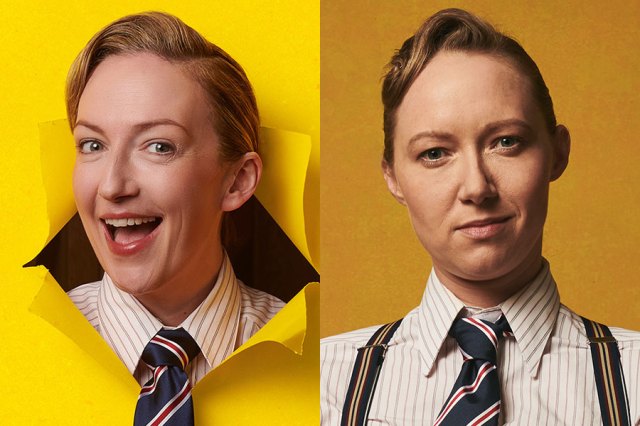The 14th Tale
One
man, one chair, and a vivid poetic imagination. It is hard to envisage a more
spare, minimalist staging than that offered by this thoroughly likeable show
currently touring the UK following a successful run at the Edinburgh Fringe.
Written and performed by ‘word and graphic artist’ Inua Ellams, this is a
lyrical tour-de-force and engaging montage of his life, from his upbringing in
Nigeria to his more adult exploits in Dublin and London.
At
the outset a young black man, with apparent bloodstains on his T-shirt and
trousers, paces the stage in a state of subdued anxiety. A series of questions
is thereby immediately raised, and we learn the answers piece by piece
throughout the remainder of this 55-minute monologue.
The
thought of a monologue of any length, written in blank verse, might be
off-putting to some, but Ellams structures the piece very artfully and keeps
you guessing as to how the elements all fit together, while delivering several
cameo roles within his own story. The language crackles with descriptive
electricity, with only the occasional dud line – “I wanted to be the duvet that
keeps her warm” – and balances the more serious aspects, such as his father’s
stroke, with a fine sense of the ridiculous. Particularly memorable is the
scene where he attempts revenge on an unfaithful girlfriend by filling her
shower attachment with red acrylic paint (hence the ‘bloodstains’) only to be
rung on his mobile at the crucial moment.
Anyone
who relishes language and the expressiveness of simple, direct performance will
take pleasure in this show, which is directed by Thierry Lawson and lit by
Michael Nabarro. The larger question, however, is whether its gentle charm is
sufficient in itself, or whether more substance would give it some welcome
dramatic weight.
The
opening and closing lines speak of “ash-skinned Africans, born with clenched
fists and a natural thirst for battle”. Quite frankly, the piece would benefit
from a bit more clenched fist in the writing – and a little less concentration
on the amiable mischief-maker. Amiability is a good quality, but it doesn’t
really get to grips with the show’s stated aim of “challenging the audience’s
expectations of what it is to be a young black male in London today”.
– Giles
Cole












